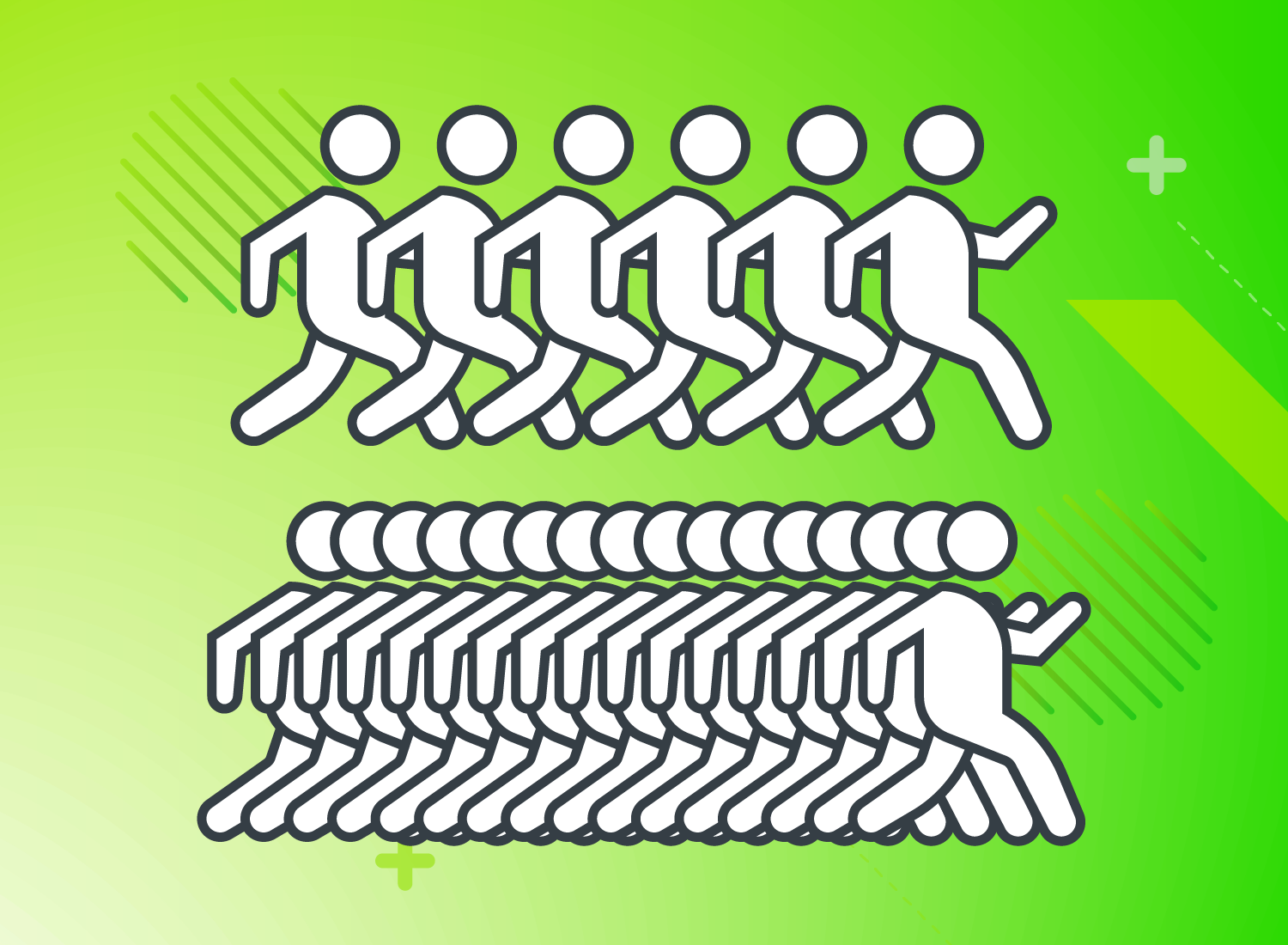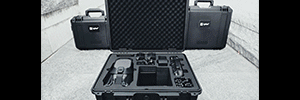I'm not sure if I've been filming at 30 or 60 fps. I know it's 4k, but I'd have to walk upstairs to look at my files.And the couch is comfy.
Anyway, they look great, I play them on a 4k TV hooked to my gaming PC that's running the screen at 120hz (so 120 fps?). (it's the only 4k tv I have where I can feed it a 4k signal). All of my other TVs are run from computers that can only push 1080p. (I do IT work for a living, so yeah, I got the computer part covered).
Anyway; other the file size, which I assume is bigger at 60fps vs. 30fps... is there any downside to the higher frame rate?
If I just film everything at the best the camera can do... why not?
For what it's worth, I'm planning to use it this summer to get video of us on a boat.
I think 30fps would be just fine, but hey, more = better?
Would filming something at 60fps ever make it worse than had I filmed it at 30fps?
Thanks!
Anyway, they look great, I play them on a 4k TV hooked to my gaming PC that's running the screen at 120hz (so 120 fps?). (it's the only 4k tv I have where I can feed it a 4k signal). All of my other TVs are run from computers that can only push 1080p. (I do IT work for a living, so yeah, I got the computer part covered).
Anyway; other the file size, which I assume is bigger at 60fps vs. 30fps... is there any downside to the higher frame rate?
If I just film everything at the best the camera can do... why not?
For what it's worth, I'm planning to use it this summer to get video of us on a boat.
I think 30fps would be just fine, but hey, more = better?
Would filming something at 60fps ever make it worse than had I filmed it at 30fps?
Thanks!












